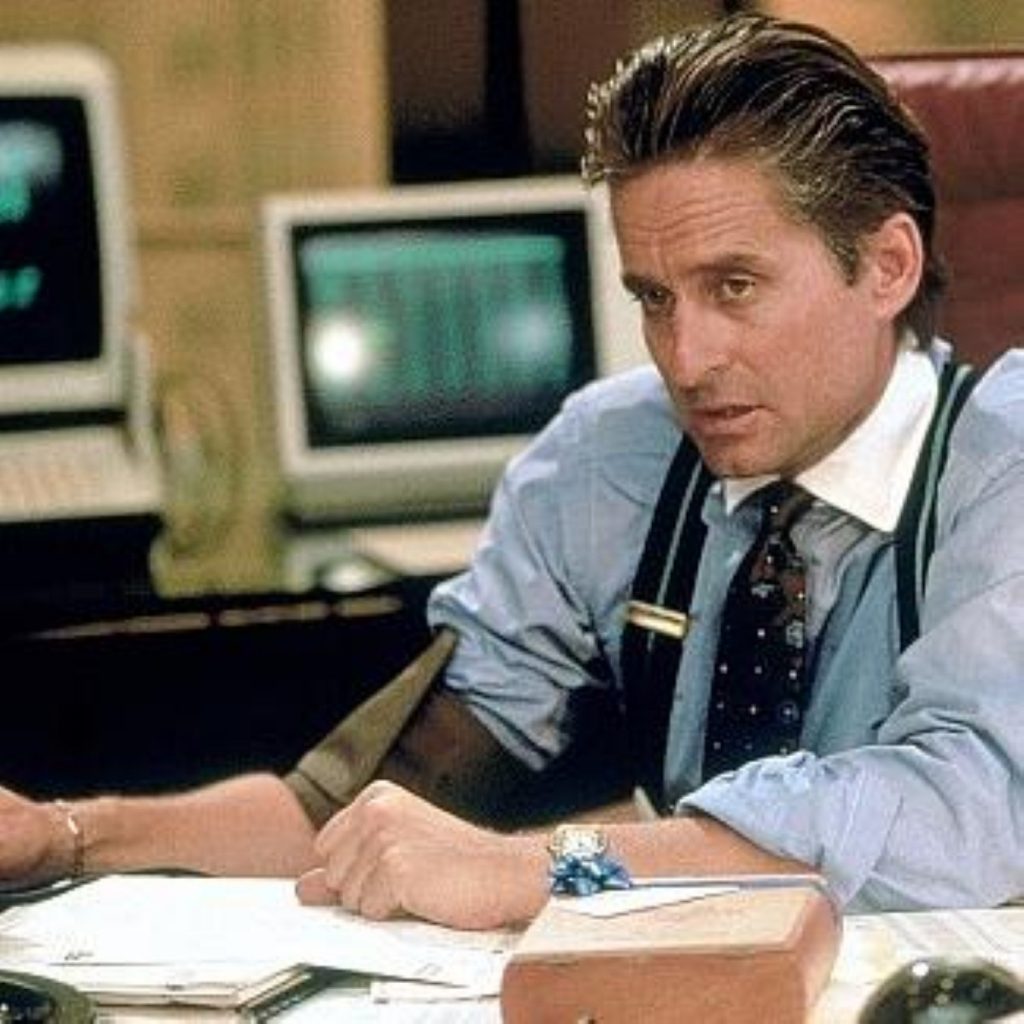PMQs sketch: Escaping capitalism
Harman and Hague try to decide which of them was least keen on the banks all those years ago.
By Ian Dunt
There is a dark cloud in most politicians’ pasts. Every word about private sector efficiency and deregulation and the errors of the anti-globalisation movement have become albatrosses hung around their necks. The banks fell to their knees, and everything that was said in the past became as embarrassing and regrettable as a high school disco.
Lefties have the worst of it. Peter Mandelson informed us how comfortable he was with people getting “filthy rich”. Gordon Brown deregulated all and sundry. Across the Atlantic, it was Bill Clinton who broke down the Glass-Siegel bank regulations which Barack Obama now effectively plans to restore.


And there are few prouder lefties than Harriet Harman, who was forced to deputy for Brown today. Blushing in purple, she picked a bad day to suffer the effects of the Northern Ireland crisis. Today was a day for recrimination. Pitiful growth yesterday signalled a very dull, tentative end to the recession. Today, a report she herself commissioned showed inequality in Britain was at its worst point since the Second World War. Labour was about to stare at itself in the mirror and dislike what it saw. The report found most incomes had stayed level, despite the minimum wage and SureStart, but that executive pay had sky-rocketed, as had shares and property and all the various means with which the wealthy ensure they retain their moniker. Harriet, a keen and principled leftie, struggled. How to defend the indefensible?
William Hague, a bald globe of northern pronunciation and occasional wit, asked why the government wouldn’t adopt Obama’s tough stance on the banks. Harriet fudged it, rather delicately, like an elderly woman looking for her glasses. Vince Cable, deputising for Nick Clegg, looked on with vast irritation, as if he were being forced to watch children learn to use Lego.
Harriet insisted, like an Enlightenment monarch, that Labour had “rationalised” banking regulation. Then she tried to turn the tides. “From a party that said ‘we want less regulation’ when they were in government, it’s good to hear that they’re supporting firm action to tackle irresponsibility in the markets,” she bellowed. She shouldn’t have done that. After all, they were all singing from the same hymn sheet back in the day.
“It was the prime minister in 2007 who trumpeted his record, as he saw it, of deregulation in the City and said we could look forward to a ‘golden age in the City’,” Hague noted. Patently true, of course, except that the Tories were encouraging him. “His reversing is even worse than mine,” Harman shouted back, referring to her little collision and subsequent court case.
Cable played it out as best he could, telling the House with a glint in his eye that “we all understand why a Conservative government might want to give top priority to rewarding the wealthy”. But why had Labour failed to do anything about it during 13 years of power?
Chris Mullins, from the Labour backbenches, told Harman that perhaps if they’d clamped down on outsourcing a little harder we wouldn’t see such a high rate of inequality. But the real clincher came from the Tory backbenches. Did Harriet remember Mandelson’s little quote about the filthy rich? Harman winced, waiting for the attack. “Is she equally relaxed about the way the prime minister has chosen to go about it since leaving office?”
MPs laughed, Harman squirmed, and the world became a little lighter. But of course, there was a heavy reality in the words. Blair behaved out of office in a manner entirely compatible with what he preached in office. Greed is not good, but it is fine. His entire electoral agenda was based on making Labour acceptable to the market.
Labour bought it. The country bought it. Everyone swallowed it whole. But then the banks failed, and we will still be paying for their ineptitude long after they return to profit. Only the mad old lefty backbenchers really spoke out at the time. Every other politician is in a glass house, throwing stones.












